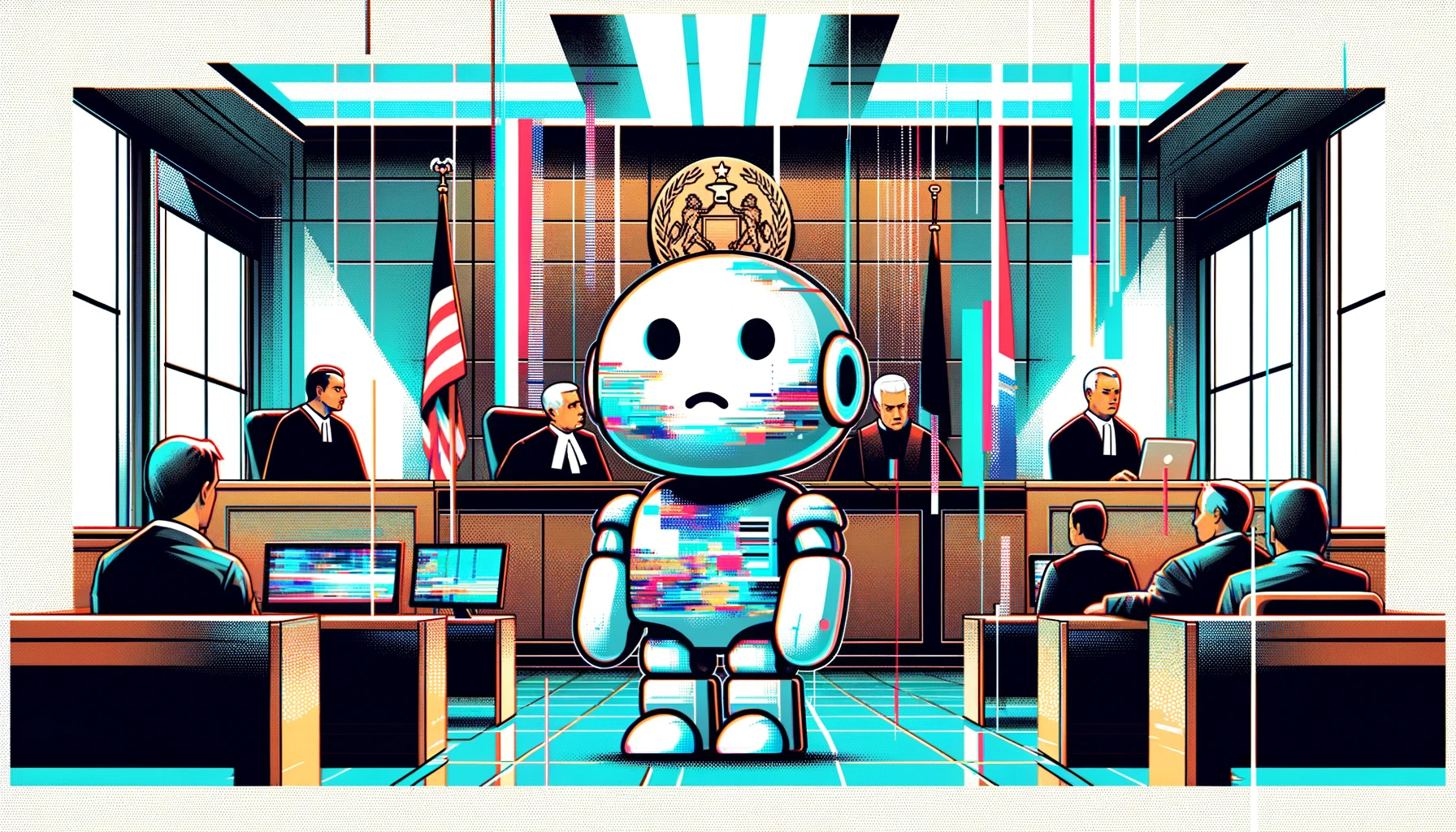AI copyright debate continues as UK Supreme Court rules against AI inventor

Key Points
- The UK Supreme Court has ruled that AI cannot be considered an "inventor" for patent purposes, rejecting an appeal by US computer scientist Stephen Thaler, who sought to register two patents for inventions created by his AI system DABUS.
- This decision is in line with similar rulings in Europe, Australia and the United States, with Thaler's lawyers arguing that it reveals the inadequacy of UK patent law to protect AI-generated inventions and to support industries that rely on AI for technology development.
- In an earlier case this year, U.S. District Judge Beryl A. Howell rejected Thaler's attempt to enforce copyright on an AI-generated image, stating that human authorship is a fundamental requirement for copyright, but noting that future rulings will need to address the extent of human involvement required for copyright in AI-generated works.
US computer scientist Stephen Thaler has lost another AI copyright case.
The UK Supreme Court has ruled that AI cannot be considered an "inventor" for patent purposes, unanimously rejecting Thaler's appeal. Thaler sought to register two patents for inventions created by his AI system, DABUS. The UK's Intellectual Property Office (IPO) initially rejected his application, stating that an inventor must be a person or a company.
The Supreme Court's decision is in line with similar rulings in Europe, Australia and the United States. Thaler's lawyers argue that the ruling reveals the inadequacy of UK patent law to protect AI-generated inventions and to support industries that rely on AI for technology development.
Thaler doesn't give up yet
In August, Thaler's attempt to enforce copyright on AI-generated content was rejected by U.S. District Judge Beryl A. Howell, who sided with the U.S. Copyright Office's position that AI images cannot be copyrighted. Thaler, a member of the Artificial Inventor Project, argued that his AI image, "A Recent Entrance to Paradise," was a commissioned work by his AI system, the Creativity Machine.
Judge Howell argued that human authorship is a fundamental requirement for copyright. However, she noted that current copyright law is reaching new frontiers with AI in the arts, suggesting that future rulings will need to address the extent of human involvement required for copyright in AI-generated works.
Both rulings don't provide much insight into the broader issue of AI copyright, as Thaler had deliberately insisted that he had no involvement in the creation of the image and that the machine was the inventor or creator. The judge noted that future cases will need to clarify the level of human involvement required for AI-generated works to be copyrightable.
The Beijing Internet Court recently recognized the copyright of an AI-generated image. The plaintiff had used Stable Diffusion to create a photorealistic image and shared it on a social platform.
A blogger distributed the image without permission, and the plaintiff filed a copyright infringement lawsuit. The court ruled that the AI-generated image was copyrighted because it reflected the plaintiff's original intellectual investment.
This decision may serve as a precedent for future copyright disputes involving AI-generated content.
AI News Without the Hype – Curated by Humans
As a THE DECODER subscriber, you get ad-free reading, our weekly AI newsletter, the exclusive "AI Radar" Frontier Report 6× per year, access to comments, and our complete archive.
Subscribe now